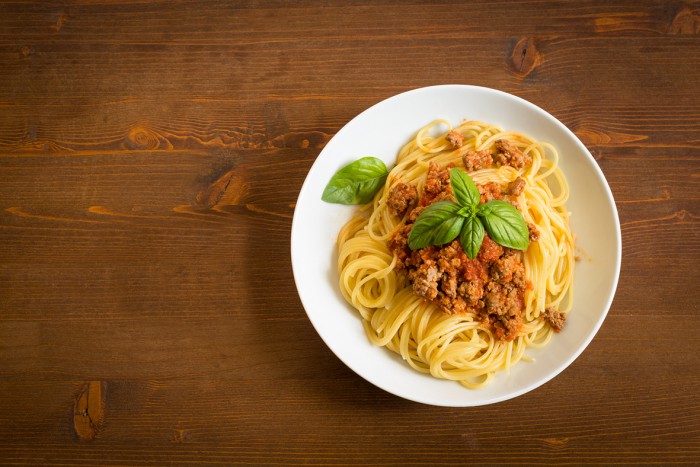The week leading up to your big race can be overwhelming and the last thing you want to do is eat too much of the wrong foods, and too little of the right foods. So take note of these common pre-race nutritional mistakes and fix them before they slow you down. – BY ESMÉ MARÉ, REGISTERED DIETICIAN AT CHRISTINE PETERS & ASSOCIATES
1 IMPROPER CARBO-LOADING
Many athletes prefer to eat large portions of carbohydrates, especially pasta, the night before a race, to top up their glycogen stores. However, this could lead to digestive problems on race day. Rather start a week prior to race day, gradually increasing carbohydrate and fluid intake each day whilst tapering down. This will maximise glycogen storage.
2 TOO MUCH FIBRE
It’s important for athletes to consume a healthy, balanced diet with adequate amounts of fibre, which aids in the maintenance of normal blood sugar levels, reduces risk of heart disease and reduces the risk of constipation. Consuming more high-fibre foods than you are used to prior to race day could cause uncomfortable bloating and flatulence. If you are more sensitive to foods high in fibre, then cut back on foods such as beans and bran cereals two to three days prior to race day. Remember that fruit and vegetables should still be consumed. If you are racing more often, reduce your fibre intake only on race day to make sure that you are not cutting too much fibre out of your diet.
3 EATING AND DRINKING TOO LATE
It’s best to have your last dinner no less than 13 hours prior to your race and do not over-eat. This will prevent gastric discomfort and a sleepless night, especially if you have pre-race jitters. A liquid breakfast can be eaten two hours prior to the race and a solid breakfast can be eaten three hours prior to the race. This will ensure that you begin your race with sufficient fuel. Practise what to eat at dinner and breakfast before long workouts – this way you’ll be able to determine what works best for you before race day, and what does not work at all.
4 TRYING SOMETHING NEW
Avoid eating unfamiliar foods to your regular diet a week before race day. Foods unfamiliar to your body could lead to gastric discomfort and diarrhoea, which could leave you dehydrated, slowing you down or causing you to pull out of the race.
5 SKIPPING BREAKFAST
If you have difficulty eating breakfast before a race, wake up earlier to give yourself enough time to eat your breakfast. A smoothie works really well if you cannot stomach solid food.
6 DRINKING TOO MUCH WATER
Athletes should drink adequate amounts of fluids the week prior to the race. However, drinking too much water before the race could dilute your electrolytes, which may cause cramping, muscle weakness and hyponatraemia. Electrolytes play a big role in muscle contraction and an imbalance can lead to a decrease in performance.
7 CAFFEINE CONSUMPTION
If you consume caffeine on a regular basis then it would be best to go caffeine-free for a week prior to race day, to experience the performance enhancing benefits of coffee on race day. If you do not consume caffeine on a regular basis and do not know the effects it may have on your performance, rather avoid it. Caffeine may have a negative effect on your stomach, causing cramps.
These common pre-race nutritional mistakes may influence the performance of your race, but can vary from athlete to athlete, so this is a trial and error process – as an athlete you should listen to your body and learn what works best for you.


